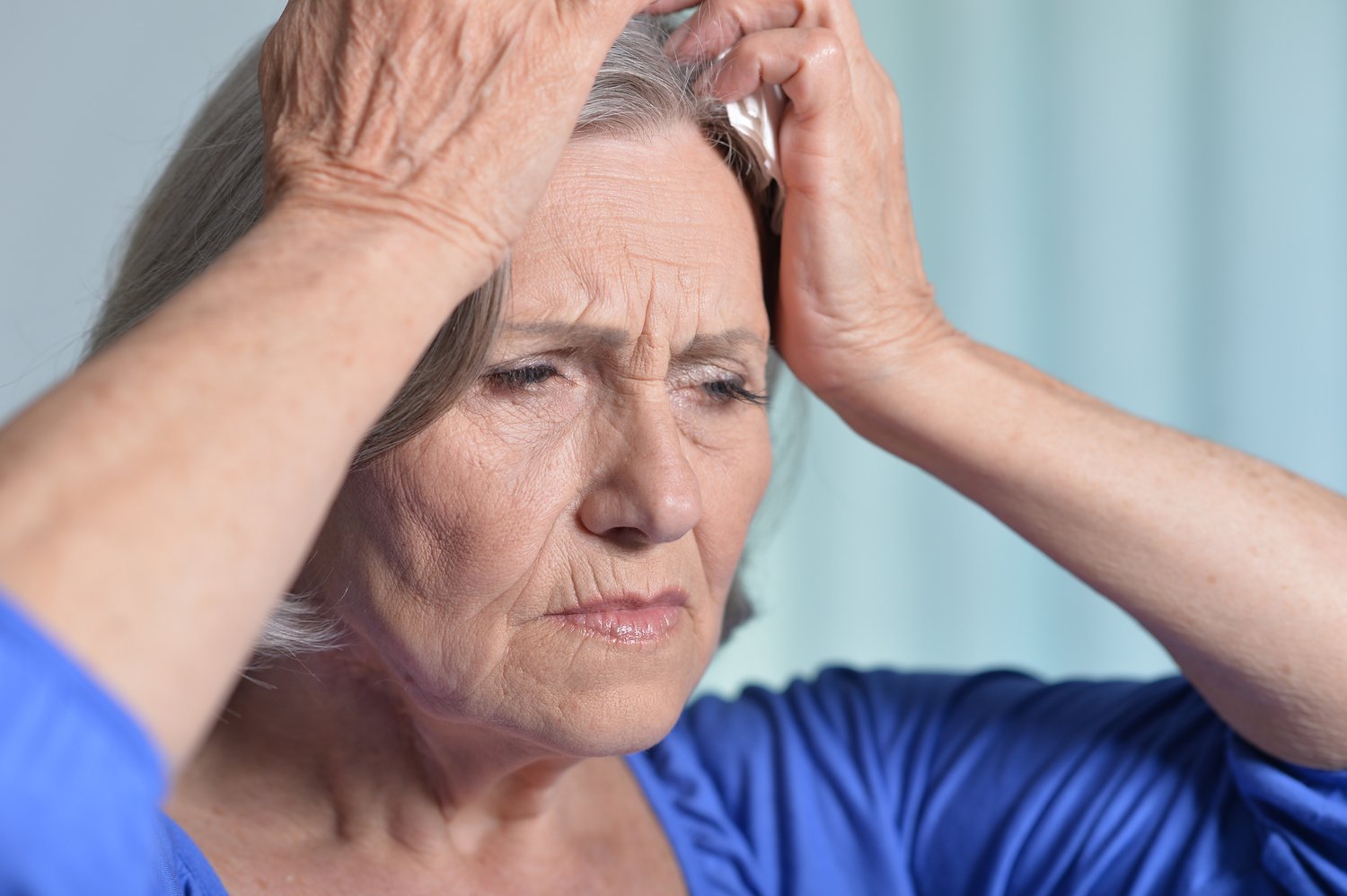One of the most common complaints from women going through menopause are the sudden and oftentimes intense hot flashes that seem to develop out of nowhere.
While they typically only last a couple of minutes, hot flashes can be very disruptive to your daily routine. Is there anything that can be done to prevent and manage hot flashes, or are they something you simply need to learn to deal with until menopause is over? We share some tips for managing hot flashes in today’s blog.
Managing Hot Flashes Caused By Menopause
A hot flash is a sudden feeling of warmth that oftentimes develops in the upper chest and face, and it can lead to other symptoms like sweating, skin redness and a rapid heartbeat. You shouldn’t be embarrassed about a hot flash, but the fact of the matter is that they can be uncomfortable and leave you feeling self conscious, which is why many women try to prevent and alleviate hot flashes during menopause.
Hot flashes are typically caused by fluctuating hormone levels, which is all too common as a woman goes through menopause. More specifically, decreased levels of estrogen in your body can cause your hypothalamus to become more sensitive to slight changes in body temperature. If your body perceives that it is too hot, it triggers a hot flash to help release some of this heat, cooling your body but making you uncomfortable during the process.
So is there anything that can be done to prevent and treat hot flashes during menopause? For starters, be mindful of common triggers that can put you at an elevated risk of fluctuating body temperatures and a hot flash. Some of those triggers include caffeine, spicy foods, smoking, alcohol, stress and certain medications. Mind your intake of these substances and find healthy outlets for stress management. There are medications you can take to help regulate your estrogen levels in your body, but many women find that working to minimize the effects of a hot flash is preferred to taking hormones during menopause.
If you’re hoping to reduce your likelihood of suffering from a hot flash or decrease their intensity and duration when they develop, keep these tips in mind:
-
Stay Hydrated – Being well hydrated allows blood to better circulate through your body, which helps tissues function optimally and regulate your body temperature.
-
Consider Your Clothes – Tight or restrictive clothing can be more likely to trigger a hot flash, so dress comfortably and consider wearing layers that can be easily removed or added depending on your temperature. If you’re overdressed and can’t easily help your body cool down, it may try to do it on its own with a hot flash.
-
Work Towards An Optimal Weight – Being overweight or obese also puts you at a heightened risk for hot flashes because it’s harder for your body to appropriately manage your temperature. Use diet and exercise to your advantage to work towards an optimal weight, and you may notice that your hot flash frequency is decreasing.
-
Exercise – Not only can exercise help you work towards an ideal weight, but exercise has also been shown to help normalize hormone production during menopause. Hormone fluctuations can trigger a hot flash, so normalizing their production with regular exercise can certainly help to keep flashes at bay.
-
Manage Stress – As we alluded to above, stress is a major trigger for hot flashes, so it’s important that you strive to reduce stress in your life or find effective ways to manage it. Exercise, deep breathing techniques, meditation and yoga are all common ways people manage stress when it manifests.
-
Talk To Your Doctor – Finally, have a conversation with your women’s care provider to get some personalized advice for dealing with hot flashes. They may be able to better pinpoint some of your personal triggers or see if any other underlying factors are contributing to your hot flashes. Don’t suffer in silence when solutions are closer than you realize!
For more information about hot flashes, or for assistance dealing with any other aspects of menopause, reach out to the team at MetroPartners OBGYN today at (651) 770-3320.

